
Working with guinea pigs, Johns Hopkins scientists have created what is believed to be the first biologic pacemaker for the heart, paving the way for a genetically engineered alternative to implanted electronic pacemakers. The advance, reported in the Sept. 12 issue of Nature, uses gene therapy to convert a small fraction of guinea pigs’ heart muscle cells into specialized “pacing” cells. “We now can envision a day when it will be possible to recreate an individual’s pacemaker cells or develop hybrid pacemakers — part electronic and part biologic,” says Eduardo Marbán, M.D., Ph.D., Michel Mirowski professor at Hopkins’ Institute of Molecular Cardiology, adding that clinical applications are still a few years away.
“Most applications of gene therapy try to cure a disease caused by a single defective or missing gene, but we used the cells’ genes as a tool box to tweak its function,” adds Marbán. “This is akin to turning a clunky old car into a hot rod — if you have the parts and expertise, it can be done.”
Two tiny sets of “pacing” cells in the heart normally give the organ its regular beat by stimulating other cells to contract. If these specialized cells stop working or die, an implanted electronic pacemaker can keep the heartbeat going, a fact of life for hundreds of thousands of people.
“We’ve created a biologic pacemaker in the guinea pig, but now the hard work comes,” says Marbán. “We need to fine tune it — develop controlling strategies, find the optimum place to re-engineer the cells in the heart, control the frequency of the new pacemaker. But there is light at the end of the tunnel.”
In the vast majority of heart muscle cells, a particular channel maintains a balance of potassium that makes it more difficult for them to “fire,” so instead of being able to generate electricity on their own, they must be triggered by pacemaker cells.
The Hopkins scientists figured that altering this potassium balance might allow heart cells to regain the ability to fire without being triggered. Others had discovered a number of years ago that if just three specific building blocks of heart cells’ potassium channel (called the “inward rectifier potassium current”) are altered, the potassium balance is disrupted.
The Hopkins scientists attached the gene for the defective channel to a virus, and also tacked on green fluorescent protein so infected cells would be easily identifiable. Virus-infected cells faithfully transcribe genes carried by the virus.
“This potassium channel acts like an anchor, keeping heart muscle cells from developing pacemaker-like abilities,” says Marbán. “By blocking the channel, we effectively lifted the anchor, freeing the muscle cells to re-establish abilities they last held in the developing embryo.”
Three to four days after injecting the gene-carrying virus into the heart muscle of guinea pigs, Junichiro Miake, Ph.D., then a postdoctoral fellow at Hopkins, saw that heart cells had begun making the defective potassium channel. Even more important, a new, faster, pace-setting impulse was clearly visible on electrocardiograms from the animals.
“When this channel is blocked, heart muscle cells that normally have to wait for stimulation begin to beat on their own,” says Marbán. “In many important ways the guinea pig is similar to humans. Its cardiac electrophysiology is very similar, and this channel is as common in human heart muscle as in the guinea pig. We believe the same principles will prevail in humans.”
Normally, one set of 1,000 to 3,000 pacemaker cells is found in the right upper chamber, or atrium, of the heart, and one set straddling the junction between the atrium and the lower chamber, or ventricle. Damage to either set of pacemaker cells or the connection between them can require an electronic pacemaker. About 250,000 electronic pacemakers, about the size of a personal digital assistant (PDA), are implanted each year in the U.S.

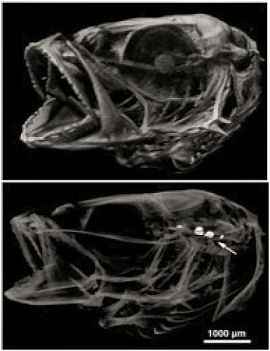






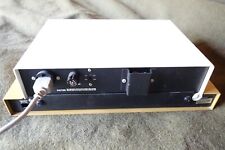
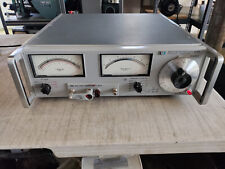
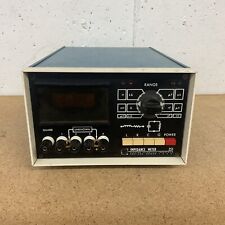
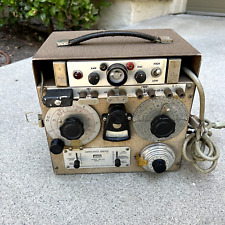
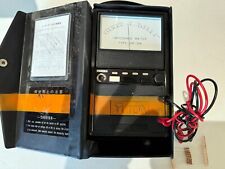
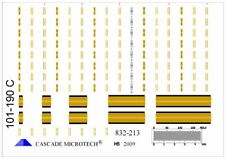
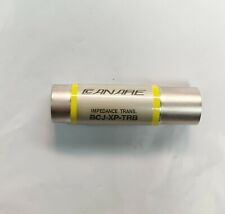

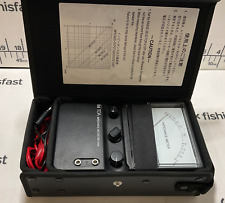

Comments are closed.